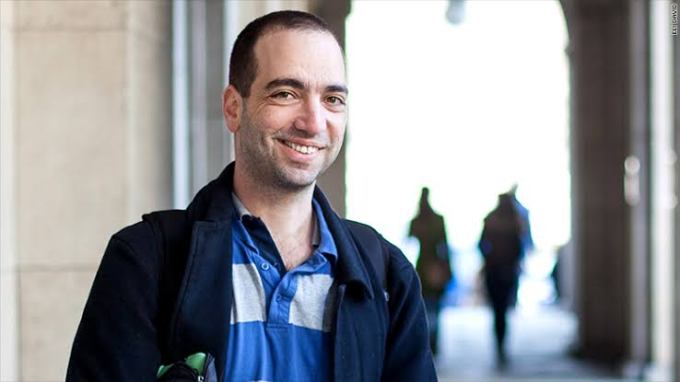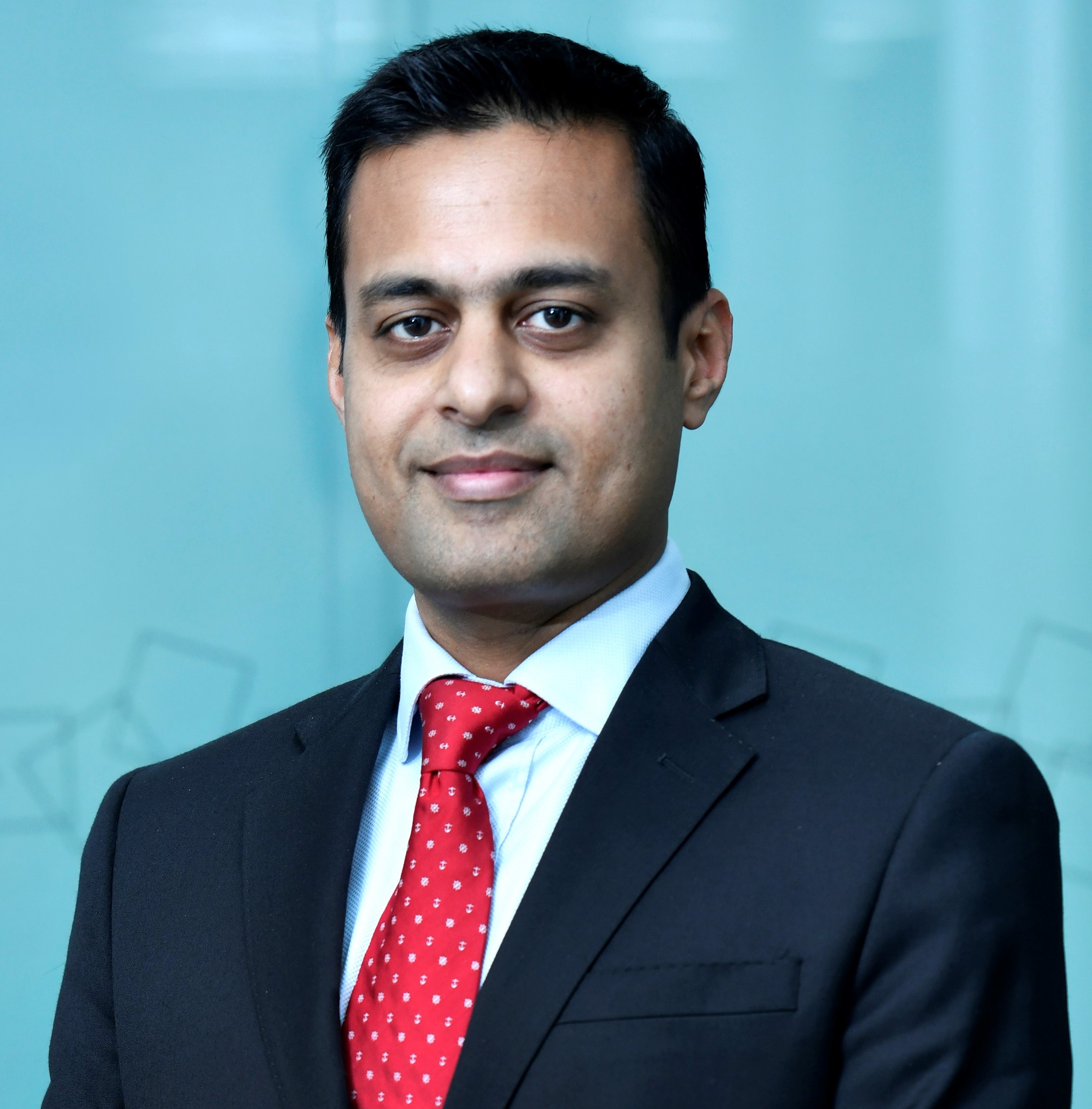Nigeria Loses Startup Ecosystem Spot to Rwanda
The recent country ranking of startup ecosystems has shown that Nigeria has been pushed out of its third place rank to fourth with Rwanda making the leap to occupy that position behind Kenya, and South Africa. The latest ranking is contained in the just released report from StartupBlink, a global startup ecosystem map and research centre that measures ecosystems based on three metrics: the number of startups (quantity), their quality, and their business environment. The Startup Ecosystem Rankings collates data from more than 60,000 startups and over 14,000 coworking spaces. It also takes into account global influencers in different cities of which it has 100 so far.

This year’s startup ecosystem ranking is regarded as versatile and expansive due to the collaboration with partners like SimilarWeb and Crunchbase enabling it to cover a startup ecosystem of 1,000 cities and 100 countries. Expectedly, the United States, United Kingdom, Israel and Canada maintained their spots with Israel and Canada switching in 3rd and 4th for the first time followed by Germany, The Netherlands, Australia, Switzerland, Spain, and Sweden. And breaking the report down to cities, the San Francisco Bay area, New York, and London held their own as the world’s top three, a ranking that has remained unchanged since 2017, followed by Boston, Los Angeles, Beijing, Tel Aviv, Berlin, Moscow, and Shanghai round up the top ten.
But coming to the best startup ecosystems ranking from the continent in the global ranking is not encouraging as African countries lost their positions. For example, as at last year were South Africa (51st), Kenya (52nd), Nigeria (56th), Egypt (60th), and Rwanda (64th). This position remained almost unchanged as no African country could break into the global top 50 this year, even as South Africa lost its 51st position to stand at 52nd this year. This is quite troubling because as at 2017, South Africa was 38th globally; forcing analysts to ask what is discouraging people from pushing their ideas from paper to manifestation.
Read also : https://afrikanheroes.com/2020/05/06/rwandas-new-financial-centre-ready-for-business-by-nick-barigye/
Many are of the view that there are myriad of reasons why startup ecosystems are passing through hard times in Africa. From government policies to infrastructural issues, a plethora of challenges plague the continent’s ecosystem. Judging by this report and the impact of the coronavirus pandemic, 2020 seems to be the year these challenges have reached its peak.
Kenya dropped ten places from last year to 62, however the shock was Rwanda with a population of 12 million displacing Nigeria as Africa’s third-best startup ecosystem at number 65 while Nigeria dropped to is fourth in Africa, but dropping a further 12 spots to 68 globally. And Tunisia completes the top five at number 77 as Egypt drops to 81. Other African countries in the top 100 include Morocco (83rd), Ghana (85th), Uganda (89th), Cape Verde (91st), and Somalia (95th). For city rankings, Lagos was a top 100 city last year at 99th. To complete the top five, Nairobi, Cape Town, Cairo, and Tunis ranked 105th, 157th, 177th, and 223rd respectively. But this year, unfortunately no African city made it to the global top 100 position. Nairobi dropped 11 places to 116 and Lagos dropped to 127 while Cairo dropped to 200th but Cape Town and Johannesburg rose in the rankings. Cape Town climbed 11 places to 146th and the latter, 88 places to 160th.
Read also : https://afrikanheroes.com/2020/02/07/rwandan-businesses-strategise-to-tap-into-benefits-of-afcfta/
Speaking on the new report, the CEO of StartupBlink, Eli David is of the opinion that African startup ecosystem’s drop in ranking boils down to two things. According to him, “the region didn’t move forward as much as other growing regions in Asia and Latin America. Also, our algorithm changed. This gets us closer to real results every year. That said, South Africa, Rwanda, Somalia, and Cape Verde actually had a great year as their city rankings show,” he added. But on Nigeria, using the change in algorithm, it is evident that compared to last year, the scores assigned to StartupBlink’s metrics of quantity, quality, and business have changed. The quality and quantity scores have increased while the business score decreased. Last year, Nigeria enjoyed a business score of 5.89 but stood at a meager 0.46 this year. There’s also the fact that other African countries in the top five, except Tunisia, have a better business score. Nigeria’s woes are not unconnected to inadequate infrastructure, unreliable power, and poor Internet as few of the reasons for the country’s drop in rankings even though Nigeria now has seven cities in the rankings with Kano entering for the first time this year at 995. Nigeria continues to have the highest number of ranked cities for an African nation.
Kelechi Deca

Kelechi Deca has over two decades of media experience, he has traveled to over 77 countries reporting on multilateral development institutions, international business, trade, travels, culture, and diplomacy. He is also a petrol head with in-depth knowledge of automobiles and the auto industry



















